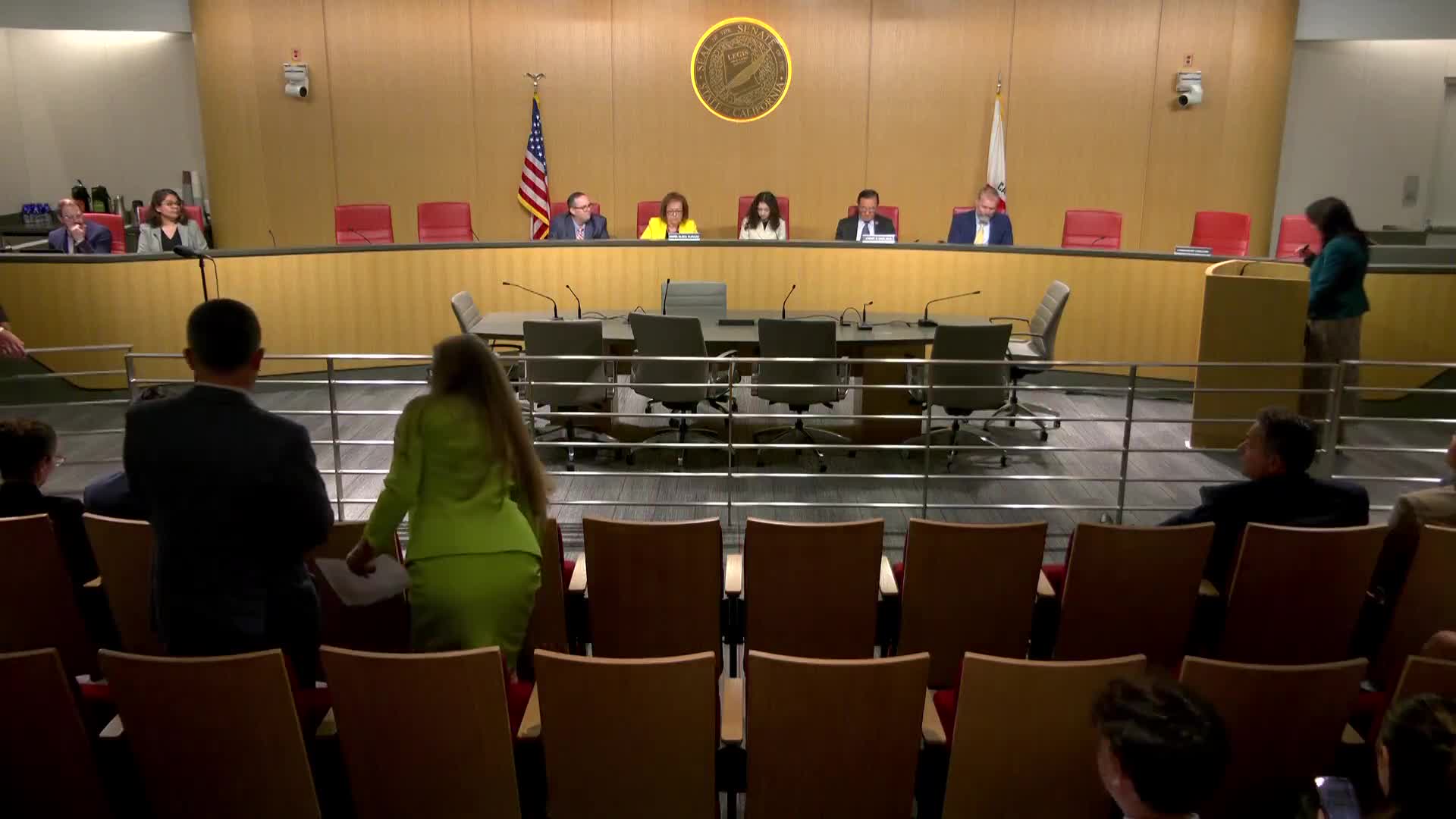Article not found
This article is no longer available. But don't worry—we've gathered other articles that discuss the same topic.
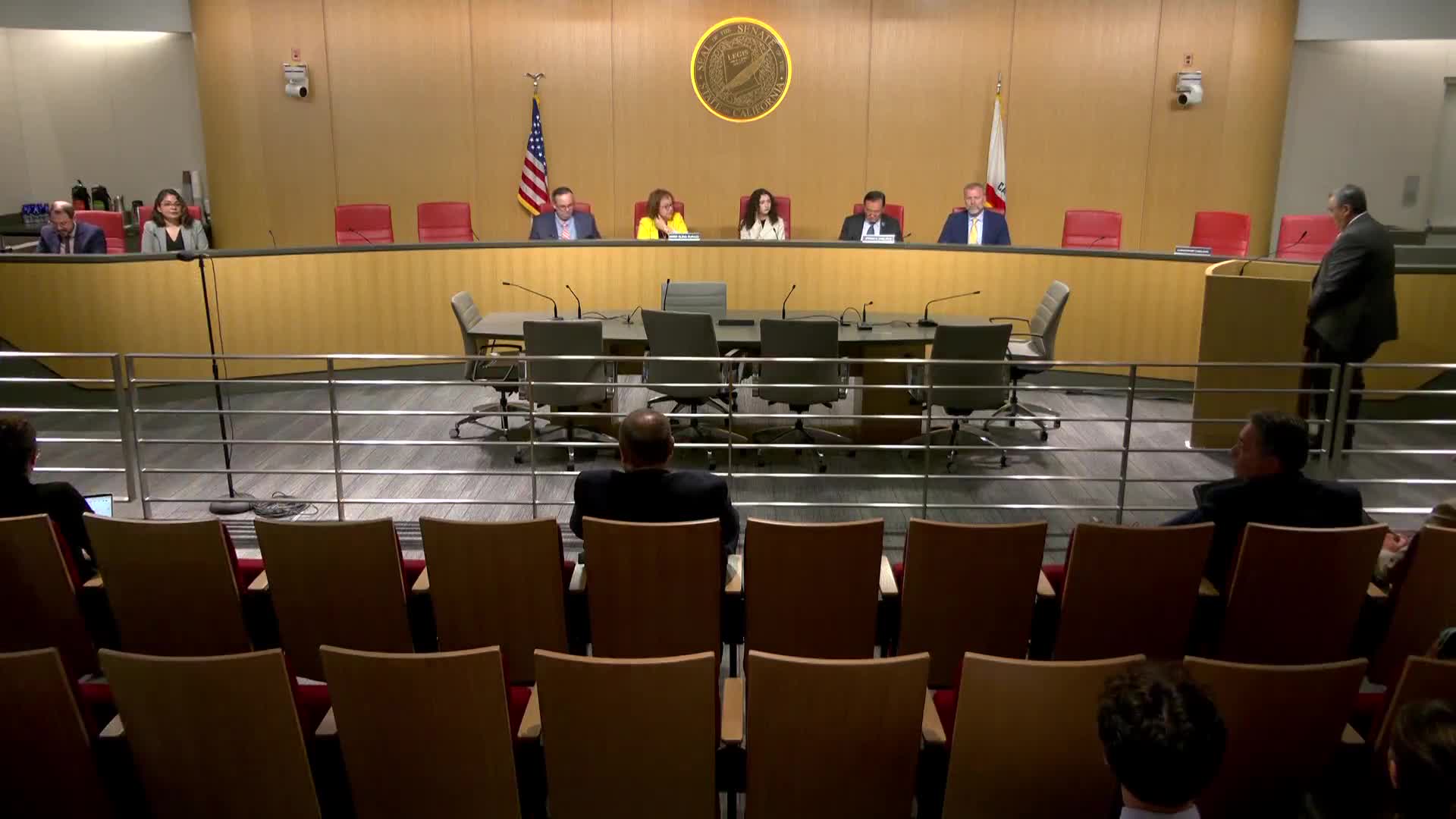
Committee advances bill to clarify tax-increment tools for local infrastructure and economic development
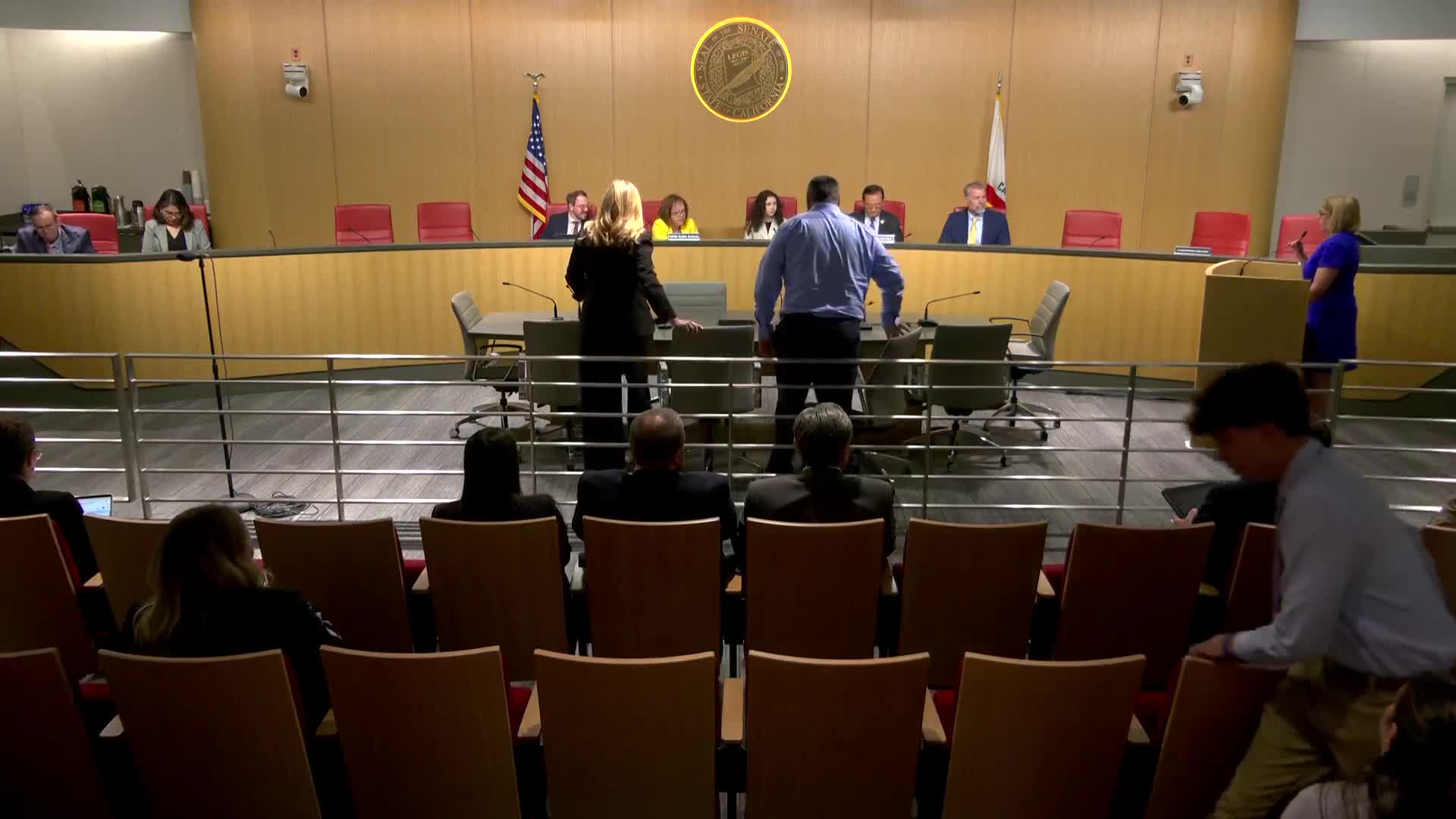
Senate panel advances permanent hydropower authority for Reclamation District 108
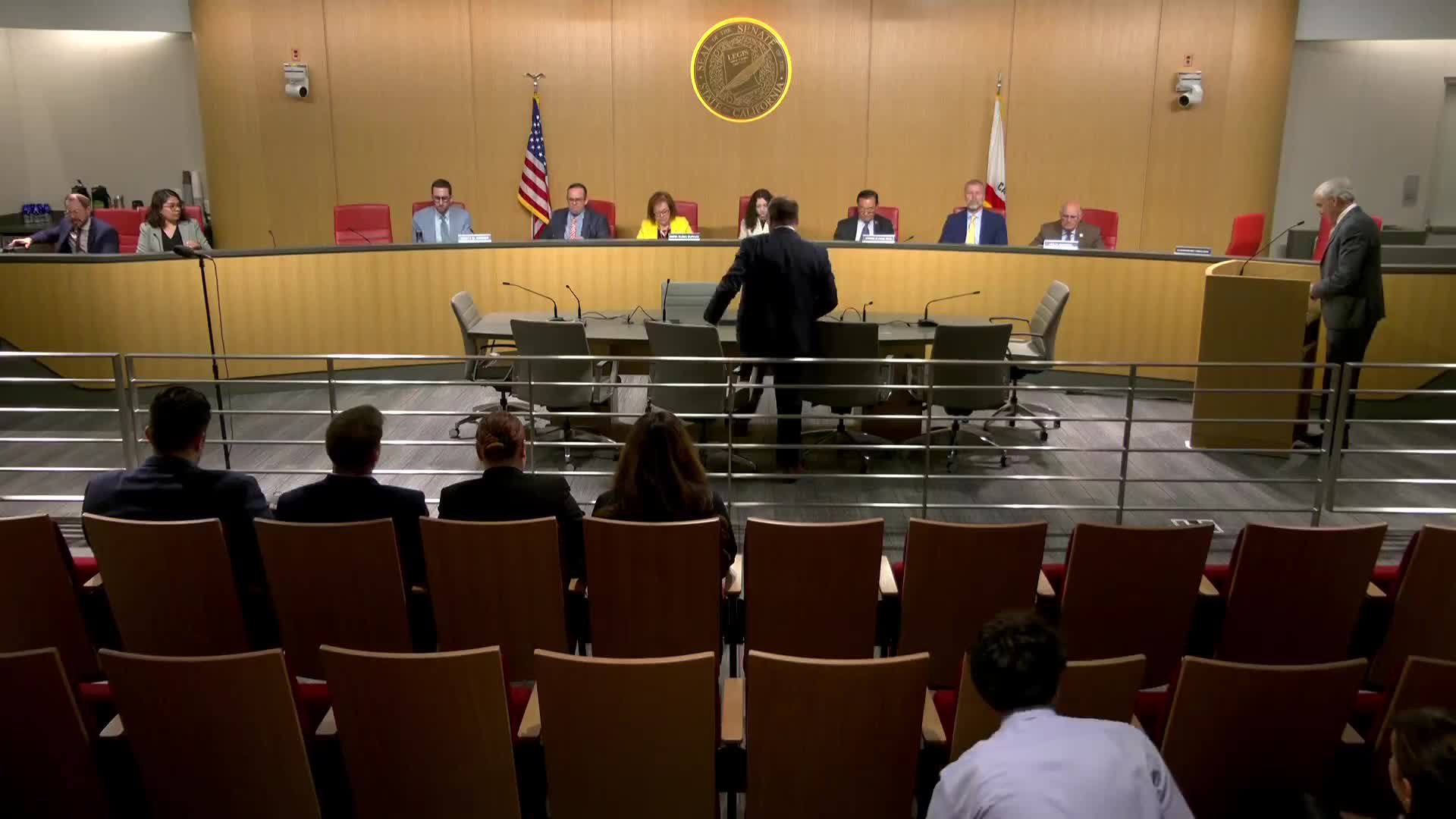
Committee advances bill to update county recording fee caps for first time since 2010
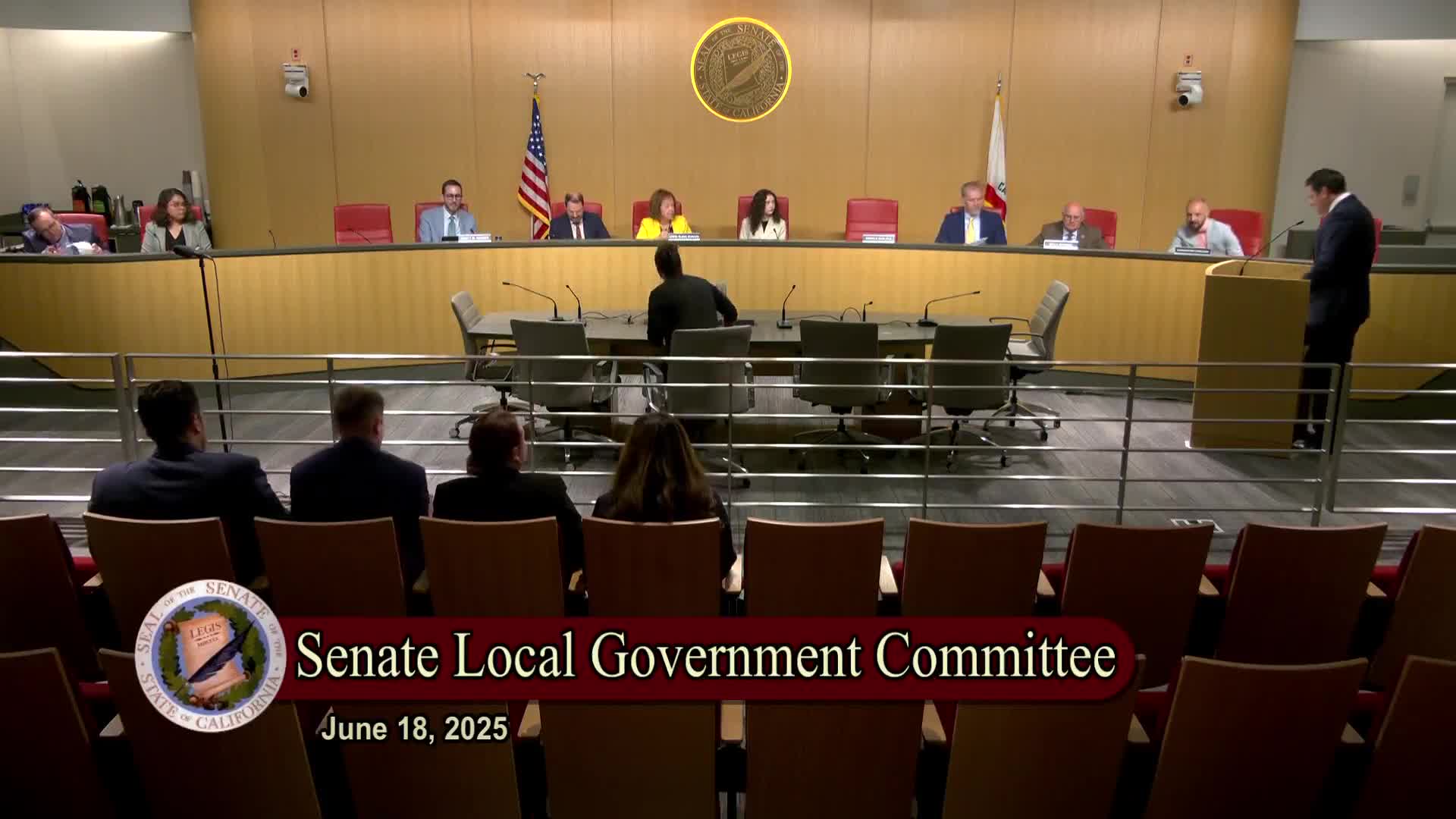
Senate panel advances bill to create local catalogs of preapproved housing plans for small projects
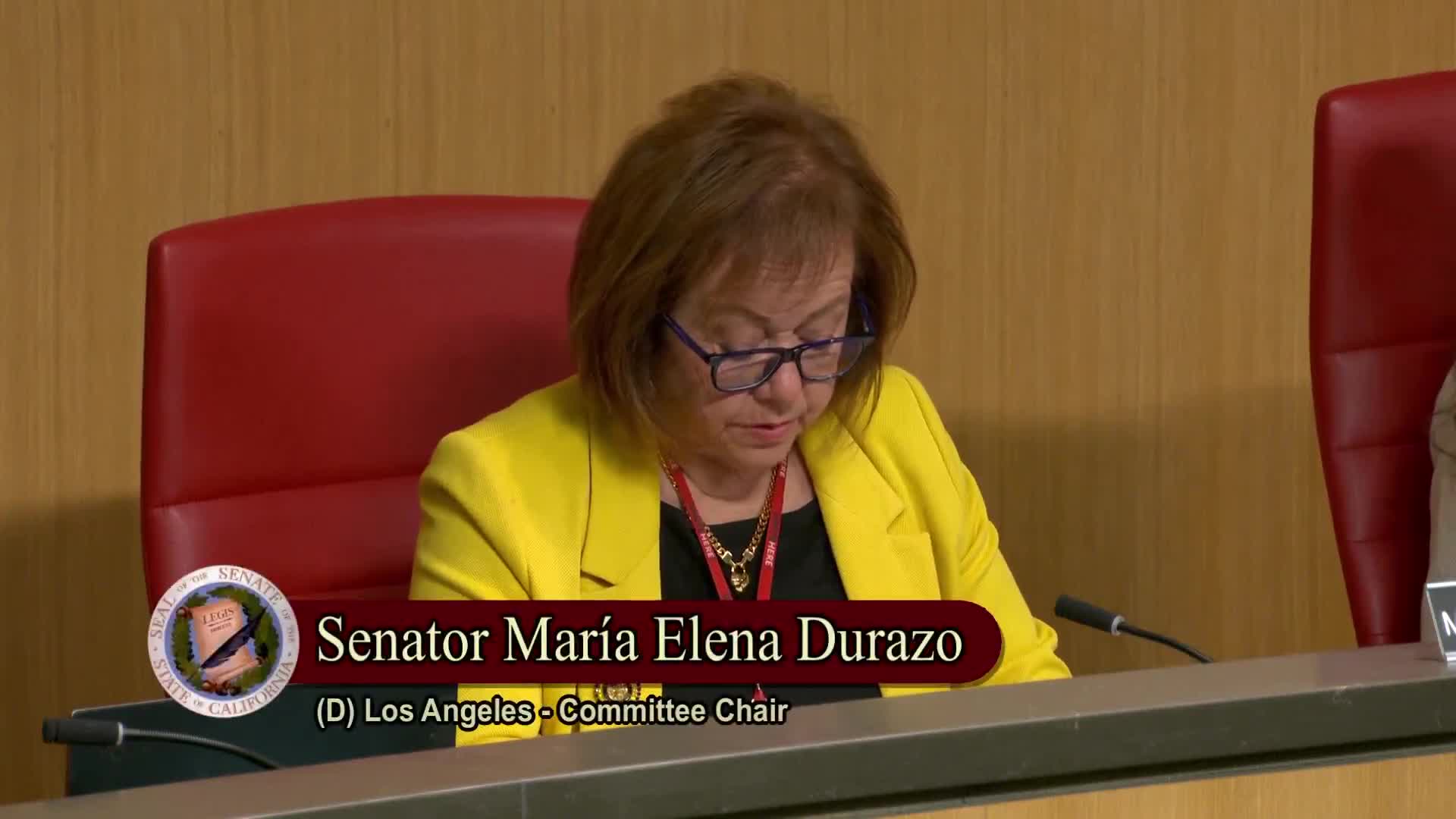
Consent item AB 533 advanced by Senate local government committee (details not specified in hearing)
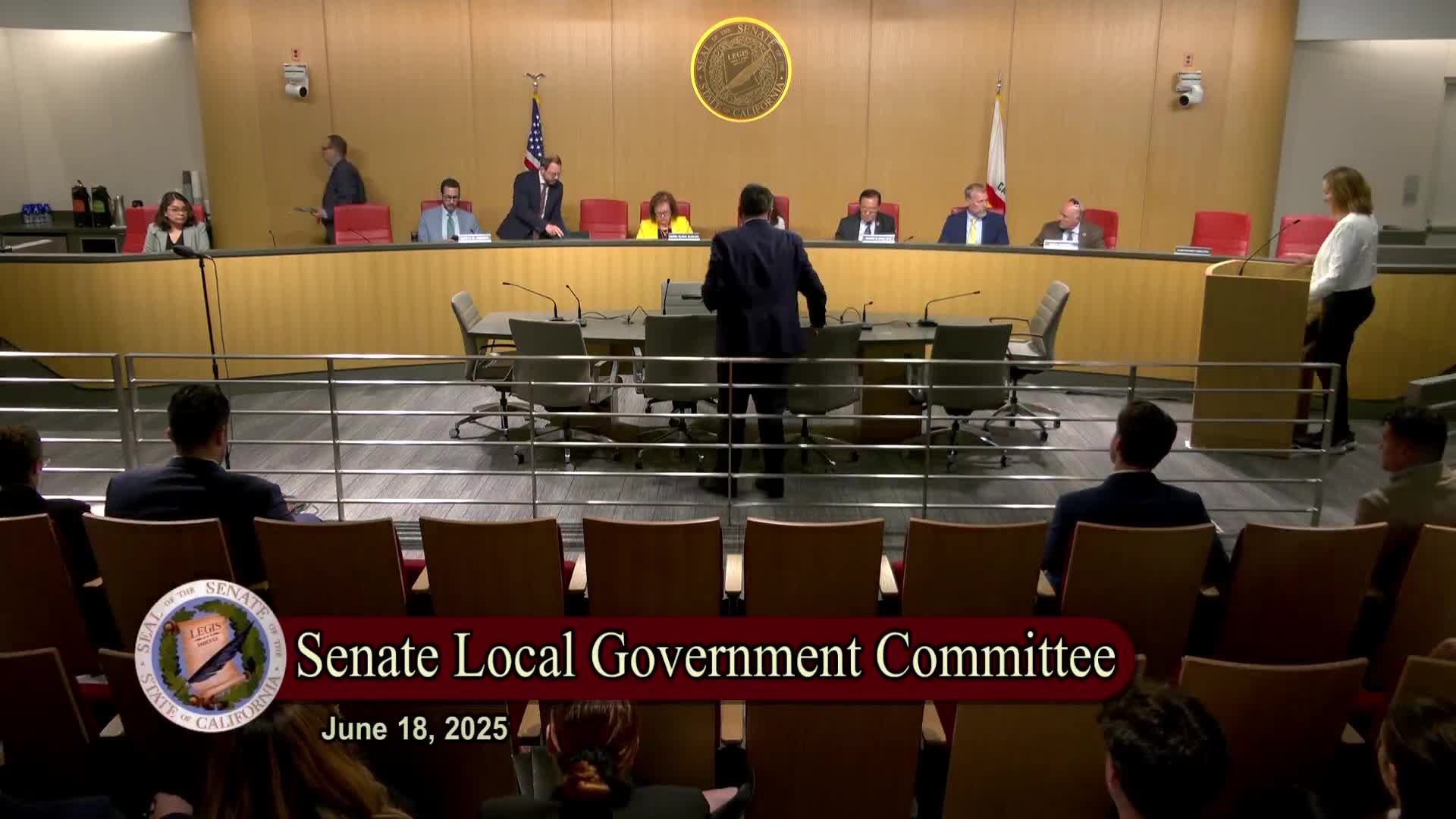
Senate committee advances measure allowing single-member Metropolitan Water District agencies to assign proxies
